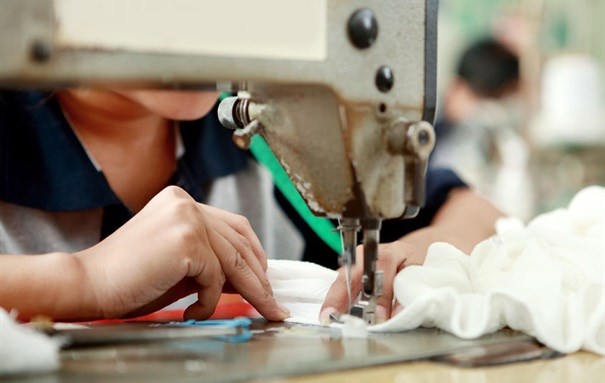
Top stories






More news







Logistics & Transport
Uganda plans new rail link to Tanzania for mineral export boost











In short, the quality and pricing of their products may be on point, but they also need to be able to demonstrate that the working conditions they provide for their staff comply with local laws and international best practice. Almost all of the importers in Europe, the Middle East, Asia and Latin America, which are the areas in my portfolio, require that the businesses they deal with are independently audited for compliance with labour laws.
So, what exactly is a social audit? Simply put, it’s a means of measuring compliance with regulations and best practices when it comes to managing workforces, not only within a business but throughout its supply chain. Compliance in this area of operation is important to both investors and customers, and needs to be independently audited and certified. In fact, most importers have a zero tolerance approach to gaps in labour standards.
In order to be compliant, manufacturers in South Africa’s R12 billion-a-year clothing and textile industry need to be able to prove that they’re playing by the rules. These include the codes outlined in such laws as the Basic Conditions of Employment Act (No. 77 of 1997), the Labour Relations Act (No. 66 of 1995), the Occupational Health and Safety Act (No. 85 of 1993), the Employment Equity Act (No. 55 of 1998) and the Skills Development Act (No. 97 of 1998). Listed companies also have to comply with the King Codes on Corporate Governance (King III and King IV).
In terms of international best practice, companies can refer to such excellent sources as the document titled OECD Due Diligence Guidance for Responsible Supply Chains in the Garment and Footwear Sector, recently published by the Organisation for Economic Cooperation and Development. Guidance documents are also available on the websites of UL affiliates such as Sedex, SAI, ICTI-CARE, BSCI and EICC.
This is, of course, complex territory, which is why importers require an independent and valid social audit report before they consider purchasing from local manufacturers. An audit report provided by an independent global safety science company with an established reputation proves compliance in a way that minimises the time taken to conclude transactions, reduces costs and improves profitability. This is because there is a quantifiable link between responsible business practices and quality, safety and efficiency.
When it comes to analysing the reasons why manufacturers commission UL to conduct social audits for their companies, demand for verification of ethical practice amongst consumers comes at the top of the list. Research commissioned by UL shows that 87% of global customers consider a manufacturer’s environmental and social performance before purchasing its products.
A valid audit report is often considered a licence to operate and is as important as the business licence itself. In the EU alone, legislation is evolving to require independent verification of due diligence at both EU level, through compliance with the Directive 2014/95/EU requirement for non-financial reporting, and, at the national level, with recent laws such as the UK’s Modern Slavery Act of 2015 and the upcoming Wet Zorgplicht Kinderarbeid, which is due to be adopted in the Netherlands in 2020.
Within this context, it is clear that if local clothing and textile manufacturers wish to enter into and be successful in the international market, an independent social audit is as important as a quality and safety audit and a financial audit.